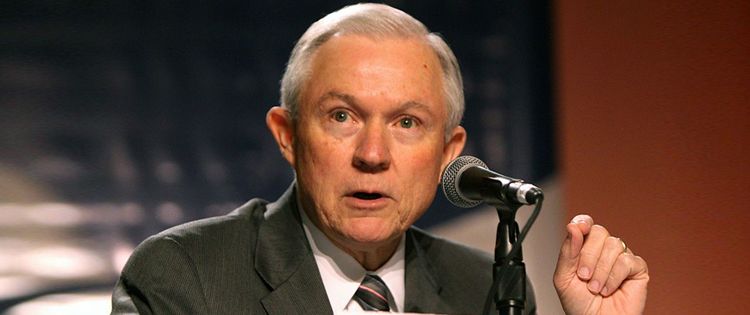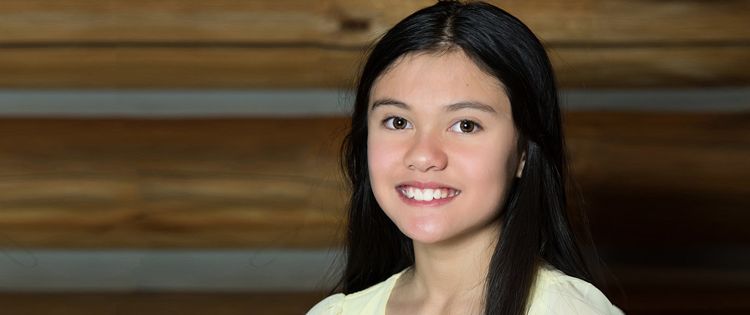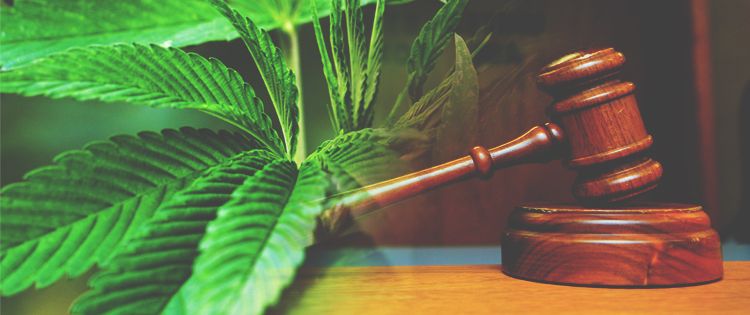The federal trial against the DEA and Jeff Sessions regarding the validity of the plea to legalize medical marijuana has finally begun. On February 14, Valentine’s Day, a defining point for the supporters and advocates of the medical marijuana legalization movement was marked as they found love from the result of the legal proceedings.
The lineup of legal experts from Hiller, PC: New York Attorneys and the proponents from the Cannabis Cultural Association (CCA) showed their joint resolve as they marched united in the halls of The United States District Court for the Southern District of New York.
Their goal was clear that day: be heard in their case against the federal government and defeat the motion to dismiss the lawsuit.
Alvin Hellerstein, the Manhattan Federal Judge heard the oral statements for a July 2017 lawsuit where medical marijuana consumers filed a case towards the national government. The judge weighed if marijuana should be categorized as a drug that can cause harm to its users under the federal law.
Federal Categorization
 Image source
Image source
The nationwide ruling by the DEA still categorizes cannabis as a Schedule I drug. This implies that it is still considered harmful and dangerous that medical experts like doctors can’t constitutionally prescribe it and pharmacists can’t readily dispense any form of medical marijuana remedies.
Although 30 states already have passed bills that legalized marijuana use, those who sell and use it recreationally or medically can still get in trouble under the federal law.
The interstate laws also enforce limitations for researchers to study medical marijuana. This prohibits the further advancement of analyses and studies that could discover new uses for medical marijuana. With restrictions that prevent findings like those to be recognized, the government retains and will continue to hold the powers to categorize medical marijuana as a dangerous substance and not fit for regular consumption.
The Hearing
Cell phones were off-limits in the Federal building as everyone was required to surrender it to the officers at the entrance. But the support for the plaintiffs was felt as the crowd filled the standing room only courthouse.
One of the complainants in the lawsuit is Alexis Bortell, a 12-year-old girl, who uses medical marijuana to control her seizures. The current laws make traveling hard for her because they still prohibit the carrying of medical cannabis into other states where medical marijuana is still illegal. The energy in the courtroom was evident and it erupted when Alexis’ lawyer entered.

Attorney General Jeff Sessions was missing from the legal team of the defendant’s side as they presented their motion to dismiss the case. Federal Judge Hellerstein roasted the defense attorneys present. He interrogated the party regarding the definition of the drug Schedules I to V but they could not respond efficiently and only resorted to defining the criteria for the Schedule I drugs.
They also argued that the plaintiffs must not be given the opportunity to stand and be heard in court because they have not yet exhausted the prerogatives and procedures that must precede the hearing.
DEA’s current process for the application of appeal is also argued to result in unjust prejudice and takes time to develop which is not reasonable for the patients who needed this solution immediately. The plaintiffs also doubt that the Drug Enforcement Organization will authorize and enact upon the tribulation of the wrongly accused and heavily penalized users and peddlers of marijuana.
Hellerstein’s Conclusion
Alexis’ ability, or in this case, inability to travel freely in the country is currently limited. She needs to adhere to the state laws that prohibit her from bringing the only medication that works for her- medical marijuana.
Hellerstein comments that Alexis is not denied or has no right to travel, because she can if chooses to. But he acknowledged that there is an uncanny risk of being charged with criminal cases if she does so.
The judge also made a straightforward and sharp indictment to the DEA that putting cannabis in the Schedule I category for drugs is ludicrous as the scheduling requires the substance to have no medicinal value at all.

According to the US Food and Drug Administration, the patent of medical marijuana states that it demonstrated medical qualities that can be used with more research. This begged the question on why it is still categorized in the same group as Heroin, LSD, and Ecstasy among others.
Although the hearing was only to render whether or not the members of the federal judicial body believe that it has the jurisdiction to hear the petition, Manhattan Federal Judge Alvin Hellerstein gathered what he believed fair information from both parties. He also considered that the civil complaint of the plaintiffs for accelerating the current classification of medical marijuana as a Schedule I substance to be ruled illegal is most likely feasible in a near future.
- How Commercial Cannabis Growers Can Benefit from Using a Software - May 17, 2019
- Understanding CBD Interactions and Why CBD and Your Brain Can Be Best Friends - January 4, 2019
- The Difference Between Using THC and CBD - December 19, 2018


